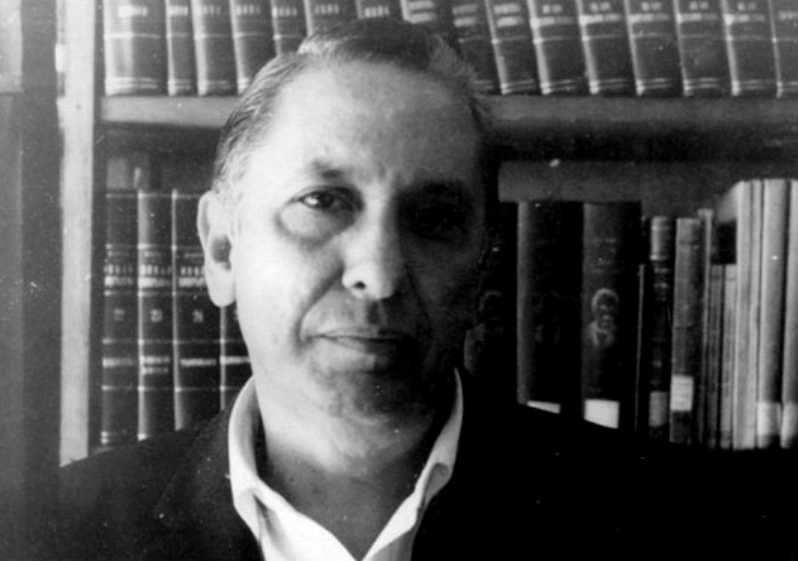4.1.2.9 Signs of the poetic work of Cintio Vitier (1921-2009)

Cintio Vitier has been one of the Cuban poets who has contributed most to the preservation and continued shaping of the national lyrical tradition. In his poetry, one can speak of authentic evolution and upheavals that brought new insights to his path, in which he has gradually and uniquely synthesized the influence of Cuban poets such as Martí and his contemporary José Lezama Lima, as well as the aesthetic quality of Juan Ramón Jiménez and César Vallejo, deepening his own expressive cosmos.
Among the essential characteristics of his poetics are a strangeness from reality that nonetheless implies its incorporation into reality, in the sense of enjoyment but also of its painful reverse. This strangeness simultaneously implies questioning, directed toward oneself and toward an exegesis of one’s surroundings, which I achieve more in the sensory than in the intellectual, though without neglecting the latter.
Along with Lezama, he was one of the core poets of “Orígenes,” to whose aesthetics he contributed with his concrete poetry and also with essays and studies that helped shape the Origenist approach. After the magazine’s lifespan ended, he continued to take a keen interest in Martí’s writing and in the roots of the national, the island’s terrestrial nature, which interested him in its reality and in terms of poetic apprehension, as captured in his important 1958 essay, “Lo cubano en la poesía.”
His work was also very prolific, captured in numerous notebooks that specialists have tried to place in periods where one or another aesthetic sign prevailed, but always from the primordial impulse of apprehension of the world that was associated, especially in the republican period, with the sense of a significant absence of reality, also empty within itself, given its close ties with its surroundings.
After the triumph of the Revolution, although what had constituted the core of Cintio Vitier’s lyricism did not mutate in essence, the occurrence of important social changes in which he participated did have a notable influence, within which he developed the so-called affirmative poetics, in which he captures a beauty that is given to him as a revelation of reality, also associated with his definitive conversion to Catholicism.








